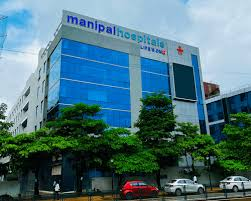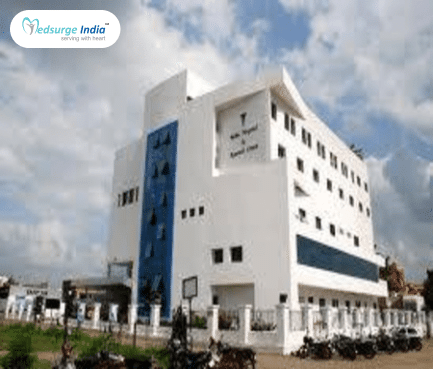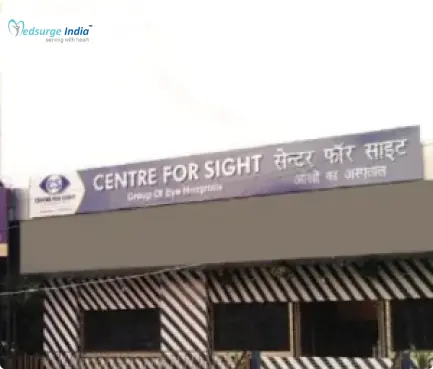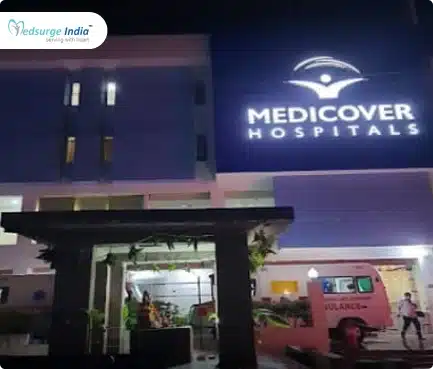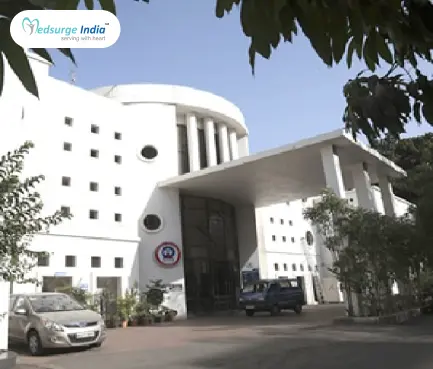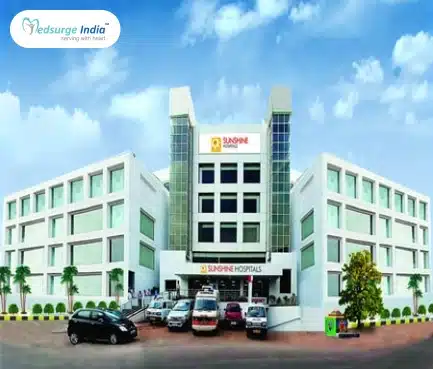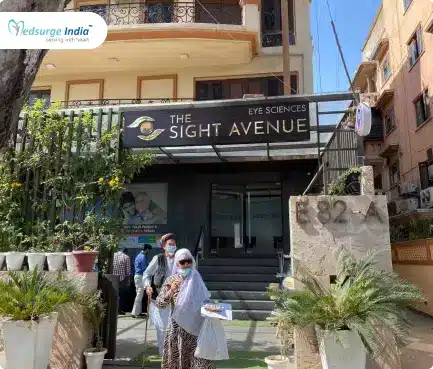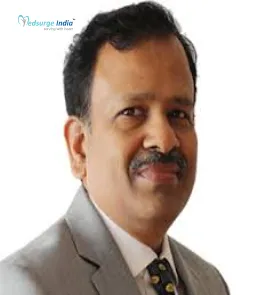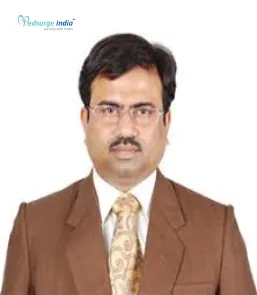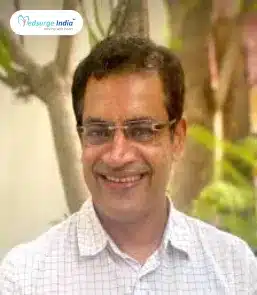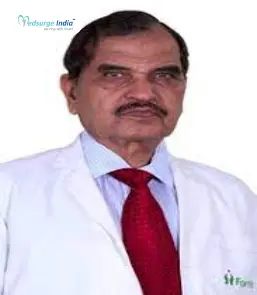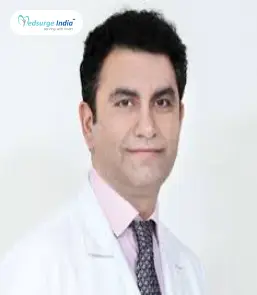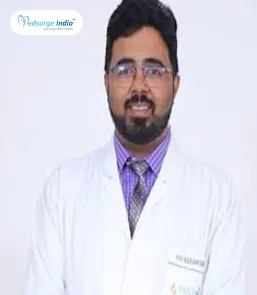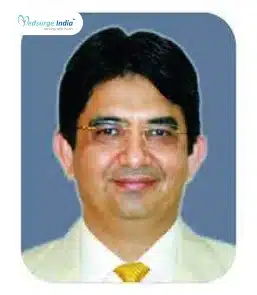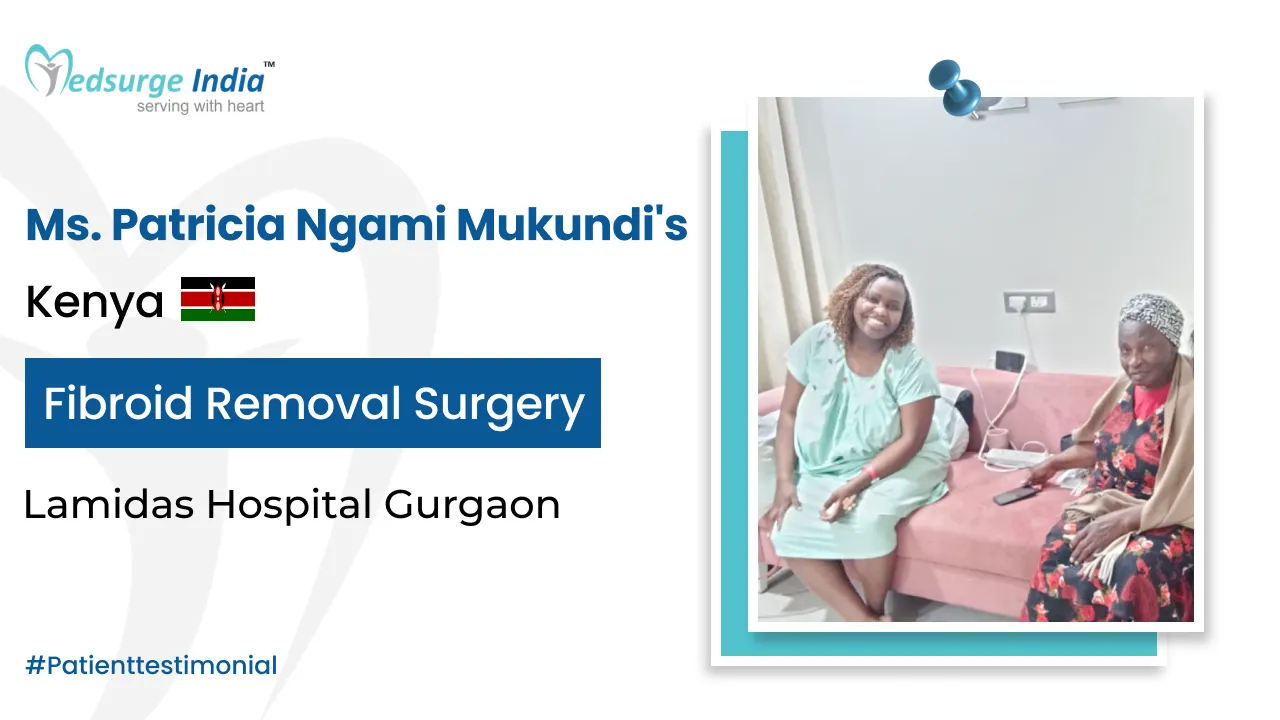
Looking for a hand transplant procedure in India at an affortable cost? Here, we answer all your doubts about the treatment and its procedure so, read more to known all bout hand transplant procedure and its cost in India.
What Is a Hand Transplant?
Hand transplantation serves as a viable treatment alternative for individuals who have experienced the amputation of one or both hands. This procedure involves the surgical implantation of one or two donor hands, along with a segment of the forearms, sourced from a deceased individual. Hand transplants are conducted at a limited number of specialized transplant centers across the globe.
While not assured, a hand transplant has the potential to restore some degree of hand functionality and sensation. Although this surgical intervention can enhance your overall quality of life, it necessitates a lifelong commitment to ongoing treatment. Patients will be required to adhere to a regimen of specific medications known as immunosuppressants. Additionally, regular physical therapy sessions and healthcare appointments will be essential to monitor the status of the transplanted hands.
Who Is Eligible for a Hand Transplant?
The process of decision-making in hand transplant surgery involves multiple factors, including medical, psychological, social, and economic considerations. A comprehensive evaluation is conducted to determine the technical feasibility of the procedure. The patient’s medical fitness is assessed to ensure they can safely undergo this significant surgery, which necessitates lifelong immunosuppression. Additionally, the psychological and mental well-being of the patient is evaluated to confirm their understanding of the complexities involved in the treatment plan, as well as the potential risks and complications. The patient’s social environment and family support play a vital role in navigating the treatment journey. Finally, the financial stability of the patient is essential to facilitate a smooth treatment process and achieve favorable outcomes. Collectively, these factors contribute to the determination of eligibility for hand transplantation.
Hand Transplant cost in India
On an average hand transplant cost in India ranges between 18000 USD to 30000 USD. The transplant will depend on many categories.
Hand Transplant Cost in India Vs Other Countries
| Country | Price Starting From |
| India | 18000 |
| USA | 70000 |
| UK | 68000 |
| Turkey | 53000 |
Factor That Can Affect the Cost of Hand Transplant in India
- Treatment: Different treatments for hand transplant are tailored to address particular concerns. The complexity and nature of the chosen treatment significantly influence the overall cost.
- Location of the Hospital/Clinic: Variations in the cost of living and operational expenses across different cities and regions in India mean that the location of the clinic or hospital can substantially affect the total treatment costs.
- Treatment Duration: The financial burden may increase if the treatment requires several sessions, resulting in a higher cumulative expense for the patient.
- Technology and Equipment: The incorporation of cutting-edge technology and high-quality equipment in treatments can raise costs. Advanced methods often provide better outcomes, which can justify the elevated price.
- Severity of the Issue: The degree of the hair condition and the level of treatment required will affect the overall cost. More severe cases may necessitate additional sessions and products, leading to greater financial investment.
- Aftercare Requirements: Some treatments require aftercare, which may include medications, follow-up visits, or specialized hair care products. These additional costs should be included in the overall financial assessment.
Also, do keep in mind that the cost mentioned is only for the treatment as the total cost will depend on the final treatment after adding up all the factors that are mentioned above.
What Are the Process for a Hand Transplantation?
Prior to the hand transplant surgery, all potential candidates are made to undergo an evaluation to explain to them the challenge and scope of the whole process. An initial clinical assessment is done to determine if the procedure is technically feasible. This is followed by comprehensive assessments and consultation with the many other discipline professionals who are involved in transplantation. The next step after a comprehensive psychosocial evaluation of the patient is to get the patient added to the waiting list for hand transplantation by the appropriate authorities. Next, one has to wait for a suitable brain-dead donor to donate his hands which can be grafted to the recipient after undergoing cross match. Blood group compatibility and HLA tissue typing remain important determinants in the final decision-making process.
Transplantation Process:
Hand transplant surgery is a highly intricate and demanding procedure that requires a substantial multidisciplinary team comprising Plastic and Hand Surgeons, all possessing advanced microsurgical skills. Effective coordination among all team members is essential for the success of the transplant. The typical duration for a single hand transplant operation ranges from 8 to 10 hours, while a double hand transplant may take between 15 to 18 hours.
During the surgery, the donor hand is meticulously reattached to the recipient, starting with the fixation of bones, followed by the repair of major blood vessels, tendons, nerves, and skin.
After the Procedure:
Following your surgery, the patient will be moved to the intensive care ward, or ICU. The health care team will assess the function in the patients hand, and he/she will be expected to attempt to move their fingers. There could be possibilities that the room in which the patients is confined might be heated so as to increase the flow of blood in the donate hand.
After being stable enough to be taken out of ICU then the patient will be transferred to a new ward in the hospital. One can expect to remain in the hospital for approximately 7-10 after their transplant.
The teams of health care will assist the patient to manage the pain that she/she have after the transplant. Another tip is to let them know how severe the pain is to the team, because the management of the pain can help facilitate the process of healing.
A special hand therapist also will work on physical therapy with the patient while they are in the hospital. During the in-between time between exercises, the hand will be wrapped in a splint to prevent movement. They will also learn exercises that the will have to practice on their your own.
Some patients may experience some psychological issues several days after the surgery is done. It is recommended to take medications prescribed by the doctor or therapist for sleeplessness and to adjust the routine of care for the donor hand. Like any other surgery, it is normal to feel emotionally distressed after the procedure; therefore, do not hesitate to consult with the members of the transplant team.
Risks and Complications:
- Rejection: The body’s immune system may reject the transplanted hand, requiring lifelong immunosuppressive medication.
- Infection: Post-surgery, the risk of infection is significant, especially given the use of immunosuppressants.
- Other Complications: Nerve damage, blood clots, and issues related to anesthesia are also potential risks.
What Are Some Policies and Regulations That a Patient Need to Be Aware When Considering Hand Trasnplant in India?
Yes, there are several government policies and regulations that both foreign and domestic patients ought to know about in the process of applying for a hand transplant in India. These policies provide legal and ethical frameworks that govern the transplant process and safeguards the rights of the parties involved.
Transplantation of Human Organs and Tissues Act (THOTA), 1994:
- This act governs the procedures for the detachment, the preservation, and the replantation of human organs and tissues for the use in treatments. It also enhances the prohibition of the business of human organs.
- Applicability: Foreign and domestic patients are also subject to THOTA measures, which set stringent rules regarding organ donation and transplantation.
Ethical and Legal Considerations:
- Prohibition of Organ Trafficking: Organ trafficking is prohibited under the law in India. All transplants require the donor and recipient to go through legal and ethical means to ensure that the relationship between the two is genuine and well documented.
- Verification of Donor-Recipient Relationship: This depends upon the relationship of the live donor to the patient, but when an unrelated donor is involved, then the identity is checked properly to avoid the issue of commercialism.
Organ Transplant Registry:
- Registration: Every transplant case has to be reported to NOTTO or the corresponding state transplant registry. This makes it possible to monitor the results of transplants and enhances transparency.
Through an informed decision making process with the hospital’s legal and medical advisors, both foreign and domestic patients need to manage these policies to provide a legal and operationally efficient transplant process
Also Read: Top 10 Orthopedic Surgeons in India
Get Free Cost Estimation
The Most Important Frequently Asked Questions
Q: What Advantages Do Hand Transplants Offer?
A: Patients with transplanted hands are able to interact with others, express themselves, and shake hands. The degree of amputation may have a substantial impact on this recovery of function.
Q: How Long Does a Hand Transplant Recovery Take?
A: Following a hand transplant, nerve and hand function often improve over several months. Over the course of several years, your hand function may continue to improve. Tacrolimus is one immunosuppressive drug that may hasten nerve healing.
Q: Are Transplants Risky?
A: Bleeding, infection, or respiratory difficulties are possible risks. Additionally, since the medication you will take after transplantation diminishes your body’s ability to fight infection, you may have some adverse effects from the drugs and be more susceptible to infections.
Q: Does a Transplant Have an Age Restriction?
A: The average age to receive a transplant is not set in stone. Every transplant program establishes its own guidelines. For instance, whilst some programs have an age restriction of 80 years or more, others might not. Certain medical issues may make a transplant unfeasible.
Top Hospitals for Hand Transplant in india
Top Doctors for Orthopedic Surgery
Dr. Rakesh Mahajan
Principal Director & HOD - Orthopaedics
Experience: 35+ years of experience
New Delhi, India
Dr. Narendran Dasaaraju
Consultant
Experience: 10 years of experience
Apollo Spectra Hospital, Alwarpet, Chennai
Chennai, India
Dr. Chinmay Nath
Senior Consultant
Experience: 28+ years of experience
Narayana Multispeciality Hospital, Barasat, Kolkata
Kolkata, India
Dr. A. Shanmuga Sundaram
Senior Consultant
Experience: 15 years of experience
Fortis Malar Hospital ,Chennai
Chennai, India
Dr. K D Soni
Director
Experience: 36 years of experience
Fortis Escorts Hospital, Faridabad
Faridabad, India
Dr. Surendra U Kamth
Experience: 39+ years of experience
KMC Hospital, Hampankatta, Mangaluru
Mangaluru, India
Dr. Sumit Bhushan Sharma
Associate Director , MBBS, MS
Experience: 16 years of experience
Noida, India
Dr. Dilveer Brar
Senior Consultant
Experience: 18+ years of experience
Max Super Speciality Hospital Bathinda
Bathinda, India
Dr. Shashi Kanth G
Senior Consultant
Experience: 21 years of experience
Star Hospital, Financial District
Hyderabad, India
Dr. Kaushik Aditya Jaichand
Consultant
Experience: 40 years of experience
Nanavati Super Specialty Hospital Mumbai
Mumbai, India
Dr. Bhushan Nariani
Director
Experience: 16 years of experience
BLK Super Speciality Hospital, New Delhi
NewDelhi, India
Dr. Jitendra Gupta
Senior Consultant
Experience: 11 years of experience
Kailash Hospital and Heart Institute, Noida
Mathura, India
Dr. Shuvendu Prosad Roy
Senior Consultant
Experience: 13 years of experience
Fortis Flt. Lt. Rajan Dhall Hospital, Vasant Kunj, New Delhi
New Delhi, India
Dr. Akram Jawed
Consultant
Experience: 15 years of experience
Max Super Specialty Hospital Gurgaon
Gurgaon, India

